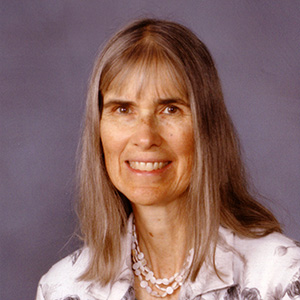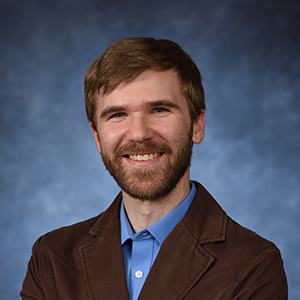Keep the Heat
In this module, participants explore how well various fabrics help a can of hot water retain heat, learning about thermal transport.
At Kidizen Science, we believe that nothing beats hands-on activities. The core of Kidizen Science, Modules are self-contained science activities spanning a wide range of types and topics. We also make sure to include ALL the information you'd need to successfully run the activities yourself.
We know budgets are tight, and sometimes practically non-existent. In the Toolbox, we give advice on what are must-haves and what should you pass on, where to get various supplies inexpensively (or free!), and when is it easy or better to make your own (and how to do it)?
Running after-school science activities with young kids can seem a daunting task. In Logistics, we provide advice about planning and running activities, managing volunteers, and more.
In January 2008, Cynthia House asked the principal at her local K-5 elementary school if she might offer a before-school Science Club. Expecting to get half a dozen students, she was surprised (and delighted) when ninety children signed up! Thirteen years later, 862 individual students have spent 9649 hours in Science Club, now a 15 to 16 week after-school program. Dozens of middle and high school students, parents, and grandparents have served as volunteers. Science Club is funded by monetary grants and donations of materials by businesses and individuals.
Throughout Science Club life, Cynthia developed dozens of hands-on activities (“modules”), continually refining them based on what worked and what didn’t. Two key philosophies informing these designs are that hands-on is better than sit-and-watch demonstrations, and that young kids are more capable than most people give them credit. Another important aspect of these modules is that they are affordable or even free. Quality educational material should be available to all, regardless of financial resources.
In early 2020, Cynthia teamed up with Stephen (her son) to bring these modules out of her (extensive!) binders and boxes and into the hands of others. Stephen prepares the modules for presentation and dissemination through Kidizen Science – editing, crafting graphics and handouts, and anything else needed to ensure the activities are accessible and understandable to a broad audience.
Kidizen Science is a way of sharing the fruits of this labor of love and service with the world, of reaching an even wider audience than possible with a single after-school Science Club, and instilling a sense of curiosity and desire to question and explore in hungry young minds. The name Kidizen Science is a play on the term “citizen science” – describing public participation in scientific research – emphasizing that science really is for everyone.
The process of preparing and updating the ever-growing catalog of modules – and other lessons learned from running Science Club – for release online takes time. As such, we will be continually adding them to Kidizen Science as they are ready. So don’t forget to check back in regularly or follow us (see below) to make sure you don’t miss a thing!

Cynthia House graduated from the University of Illinois with BS and MS degrees in Chemistry. She has over four decades of experience as a Cub Scout leader, Boy Scout and Girl Scout leader, and Science Olympiad coach. She is in her 22nd year with Arlington Heights School District 25 where she keeps the technology humming at a K-5 school.

Stephen House also graduated from the University of Illinois, but with a PhD in Materials Science and Engineering. He is currently a research scientist at the Center for Integrated Nanotechnologies (CINT) at Sandia National Laboratories, and when not using an electron microscope to spy on atoms and cells he can be found tinkering around with whatever caught his attention that day.
In this module, participants explore how well various fabrics help a can of hot water retain heat, learning about thermal transport.
This economical and easy-to-prepare activity combines learning to use a map and compass in a scavenger hunt format. It can be a standalone indoor activity, or an introduction to the fundamentals of orienteering.
Challenge your students’ powers of deduction to determine which of four suspects committed several different burglaries. This module is low cost, easy to run, and versatile for a range of ages and durations.